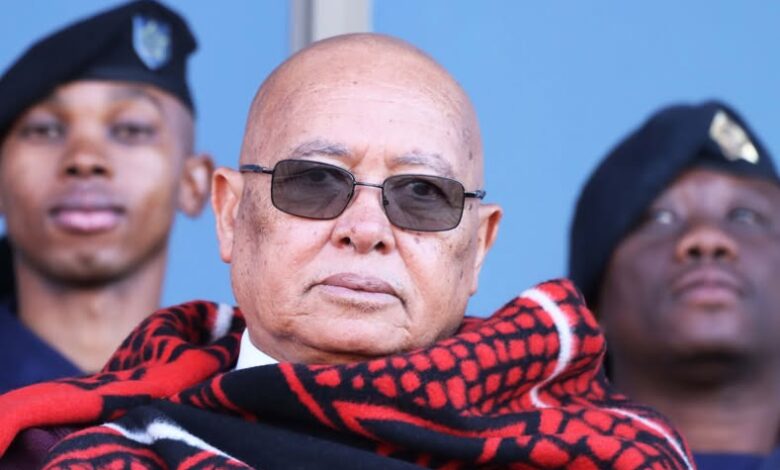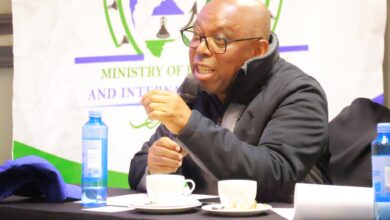UN Human Rights Committee Urges Lesotho to Criminalize Torture and Repeal Corporal Punishment Laws

The United Nations Human Rights Committee has called on Lesotho to take urgent action to criminalize torture in accordance with international human rights standards and to repeal all legal provisions that allow corporal punishment. These key recommendations were outlined in the latest report from the Office of the UN High Commissioner for Human Rights, as part of Lesotho’s fourth Universal Periodic Review (UPR).
The UPR is a global peer-review process conducted every four and a half years under the auspices of the UN Human Rights Council. It provides an opportunity for member states to assess their human rights records and receive feedback on progress and areas requiring improvement. Lesotho’s latest review began on 28 April 2025 in Geneva, Switzerland, with the country’s individual report released on 30 April.
Minister of Law and Justice, Richard Ramoeletsi, represented Lesotho at the seminar where the UPR reports were unveiled. The current session, which runs until 9 May 2025, includes the review of 14 countries.
In its findings, the Human Rights Committee expressed concern over persistent reports of excessive force used by security forces in Lesotho, particularly in response to peaceful protests and public demonstrations. The Committee urged the government to conduct full investigations, ensure accountability for perpetrators, and provide compensation for victims of such abuses.
The call to criminalize torture and eliminate corporal punishment aligns with long-standing international human rights obligations. Lesotho has been urged in previous reviews to strengthen protections against abuse and mistreatment. However, the Committee noted that gaps remain in domestic legislation, particularly regarding the lack of specific legal provisions that define and criminalize acts of torture.
“The continued use of corporal punishment and the absence of anti-torture laws remain significant barriers to the protection of human rights in Lesotho,” the report states. The Committee stressed that addressing these issues is essential not only for compliance with international law but also for promoting a culture of respect for human dignity and justice within the country.
Lesotho’s participation in the UPR process reflects its commitment to improving its human rights landscape. However, the new recommendations add pressure on the government to translate these commitments into concrete legislative and institutional reforms.
The next steps for Lesotho will involve reviewing the recommendations in detail, consulting stakeholders, and presenting a formal response, including any intended actions to bring national laws into alignment with international norms.
As the country reflects on its progress since its last review in 2020, civil society groups and international partners will be closely monitoring how swiftly and effectively the government implements the latest human rights recommendations.
Join 'Lesotho News' WhatsApp Channel
Get breaking Lesotho news — delivered directly to your WhatsApp.
CLICK HERE TO JOIN



